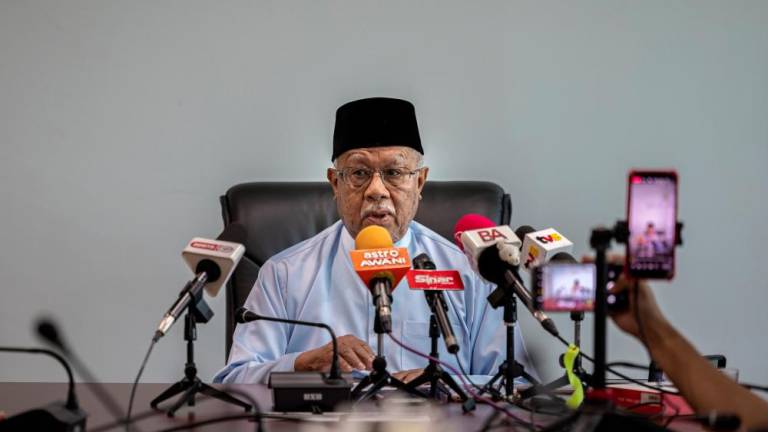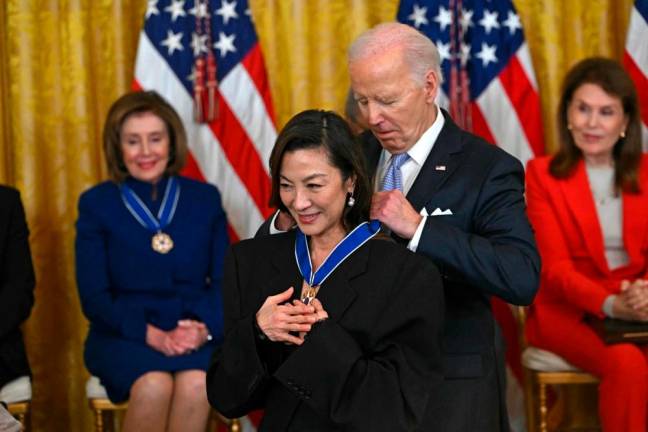KUALA LUMPUR: The Economy Ministry should lead the Madani Economy, the latest economic framework in designing policies, and coordinate with ministries that will implement them.
Malaysia University of Science and Technology’s Professor Geoffrey Williams said a new vision and mission under the Madani Economy framework requires fresh ideas, fresh eyes and a fresh approach under its minister, Rafizi Ramli, reporting to Prime Minister Datuk Seri Anwar Ibrahim.
“There is a need to open up policy space to new ideas and test policies through brainstorming and stakeholder engagement to check that they will work and reduce unintended consequences.
“The economists at the Economy Ministry can do that and no doubt they will enjoy a more proactive approach to policy making and they will build their own internal capacity to do this,” he told Bernama.
Malaysian Inclusive Development and Advancement Institute, Universiti Kebangsaan Malaysia (Minda-UKM), director Prof Tan Sri Noor Azlan Ghazali said the government must institutionalise the Madani Economy initiative immediately so that the implementation of each target and development programme can be realised simultaneously and quickly.
Noor Azlan said a dedicated team should be established to oversee the implementation of the Madani Economy, which requires joint action.
However, Williams highlighted that the government must not repeat the errors of the past by setting up teams of former and retired policy advisers to do things in the same old way.
As the framework has set seven key performance indicators as medium-term targets to be achieved within 10 years, he said, the team must set a clear implementation plan with reasonable timescales on how and when the targets are met.
The targets are for Malaysia to rank among the 30 largest economies in the world, to achieve 12th position in the Global Competitiveness Index and to be in the top 25 of the world in the Human Development Index as well as in the Corruption Perception Index.
The other targets include raising the percentage of labour income to 45% of the total income (versus the 12th Malaysia Plan target of 40% by 2025), growing the participation rate of women in the labour force to 60%, and achieving fiscal sustainability with a fiscal deficit of 3% or lower.
Meanwhile, Putra Business School, Master of Business Administration programme director, Associate Professor Ahmed Razman Abdul Latiff agreed that there is a need to form a team to oversee the implementation.
However, he said it does not necessarily have to be formed from scratch as the government has existing think tanks such as the Academy of Professors Malaysia and Minda-UKM to form such a team based on their research cluster groups.
“The advantage is that the team will be able to report on the progress, output and impact of Madani Economy so there will be more support and buy in from the people,” he said.
As the government aims to boost the Malaysian economy and improve quality of life, it needs to do the whole monetary reform in addressing the root cause of the problem and not just focus on the problems at the surface level, Ahmed Razman said.











